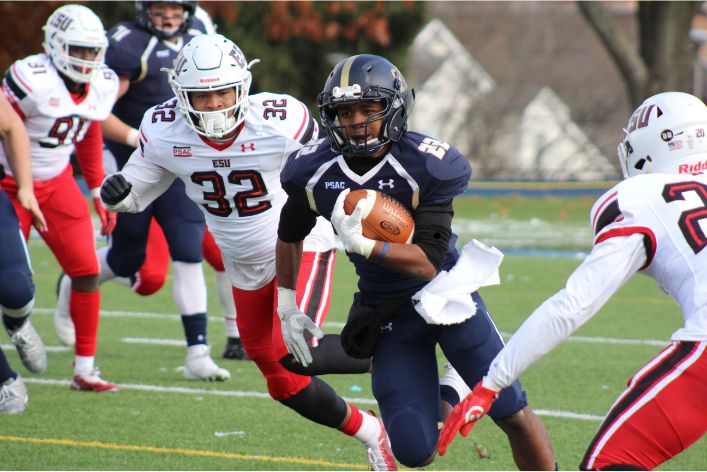Last Updated on April 8, 2023
Gone are the days of buying physical albums, as music streaming has become the norm. But how do artistes make money from streaming services like Spotify and Apple Music?
In this article, we’ll take a closer look at how musicians can earn a living from streaming, including merchandising, sponsorships, and collaboration. Join us as we explore the world of music streaming and the ways that artistes can turn their passion into profit.
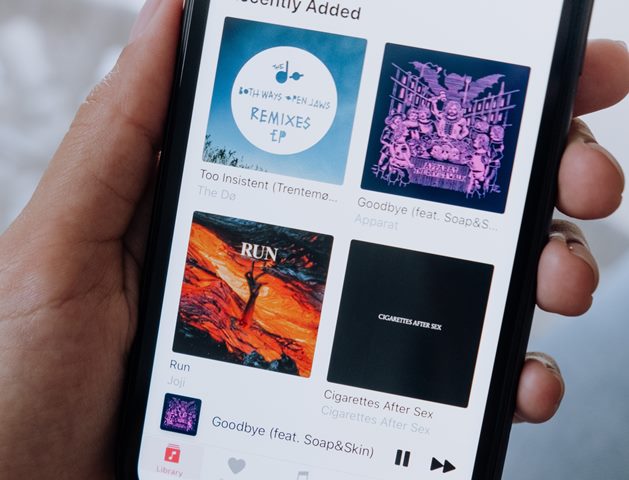
Ways Artistes Make Money From Streaming Services
Artistes can make money from streaming services in multiple ways. Let’s look at some of them below:
Artistes Can Make Money From Royalties
Here, we will explore the definition of royalties, how they are calculated, and the different types of royalties:
What are Royalties?
Royalties are payments made to a copyright owner for the use of their work. In the music industry, royalties are paid to songwriters, composers, and performers for the use of their music.
The copyright owner can be an individual or a company, and they are entitled to receive a percentage of the revenue generated from the use of their work.
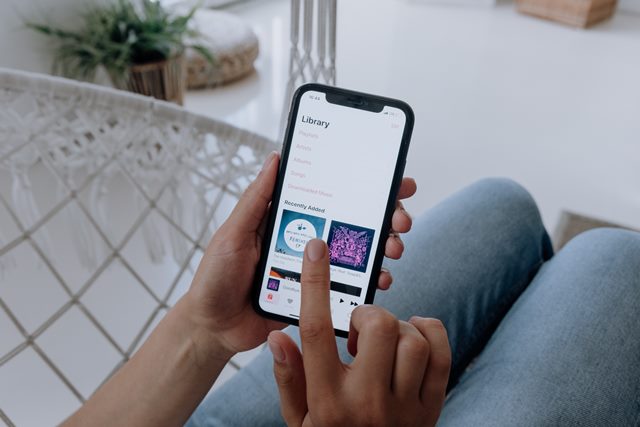
How are Royalties Calculated?
Royalties are calculated based on the revenue generated from the use of a copyright owner’s work. The music industry includes revenue generated from the streaming, downloading, and physical sale of music. The percentage of revenue a copyright owner is entitled to receive varies depending on the type of royalty.
Different Types of Royalties Paid to Artistes
There are several different types of royalties that copyright owners can receive. These include mechanical royalties, performance royalties, synchronization royalties, and print royalties.
- Mechanical Royalties: Mechanical royalties are paid to songwriters and publishers for the reproduction and distribution of their music. This includes revenue generated from the streaming, downloading, and physical sale of music.
- Performance Royalties: Performance royalties are paid to songwriters and publishers for the public performance of their music. This includes revenue generated from the use of music on the radio, television, and live performances.
- Synchronization Royalties: Synchronization royalties are paid to songwriters and publishers for using their music in film, television, and other visual media. This includes revenue generated from the use of music in movies, television shows, and commercials.
- Print Royalties: Print royalties are paid to songwriters and publishers for the use of their music in sheet music and other printed materials. This includes revenue generated from the sale of sheet music and other printed materials that contain music.
Read: The Rise of Streaming Services and Their Impacts on the Music Industry
Playlist Placements
A playlist placement is when a song is added to a curated playlist on a streaming service, such as Spotify’s “New Music Friday” or Apple Music’s “Today’s Hits.” Following are the importance of playlist placements, their impact on an artist’s revenue, and how artistes can get their songs on playlists.
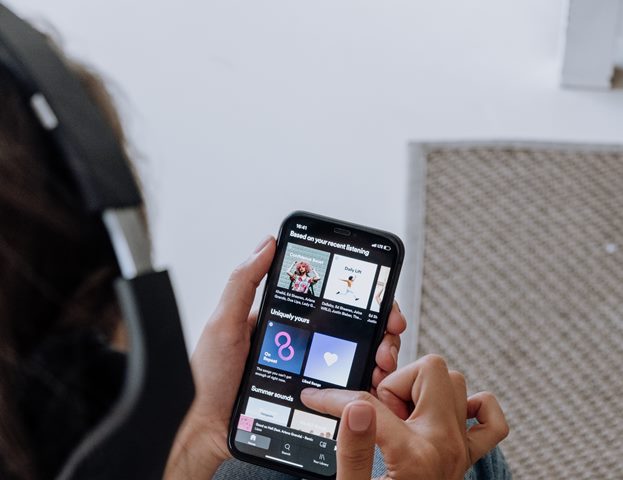
The Importance of Playlist Placements
Curated playlists are often promoted heavily by streaming services, which means that they are more likely to be discovered by users than songs that are not on playlists. Additionally, songs that are on popular playlists are more likely to be added to users’ playlists, which can lead to increased streams and revenue.
How Artistes Can Make Money From Playlist Placements on Streaming Services
Playlist placements can have a significant impact on an artist’s revenue. When a song is added to a playlist, it is exposed to a larger audience, which can lead to increased streams and revenue.
Additionally, songs on popular playlists are more likely to be added to users’ playlists, leading to sustained streaming and revenue over time.
How to Get Your Song on a Playlist
Getting a song on a curated playlist can be challenging. But there are several things that musicians can do to increase their chances of success.
One of the most important things is to focus on making high-quality music that is likely to resonate with listeners. Musicians can also work with a label or distributor that has relationships with streaming services and can help pitch their music to curators.
Another way to increase the chances of getting a song on a playlist is to engage with fans and build a following on social media.
Many curators look for artistes with an engaged fan base who can bring new listeners to their playlists. Finally, musicians can submit their music to streaming services directly through platforms like Spotify for Artists or Apple Music for Artists.
Merchandising and Sponsorships
Artistes can also make money from streaming services through merchandising and sponsorships.
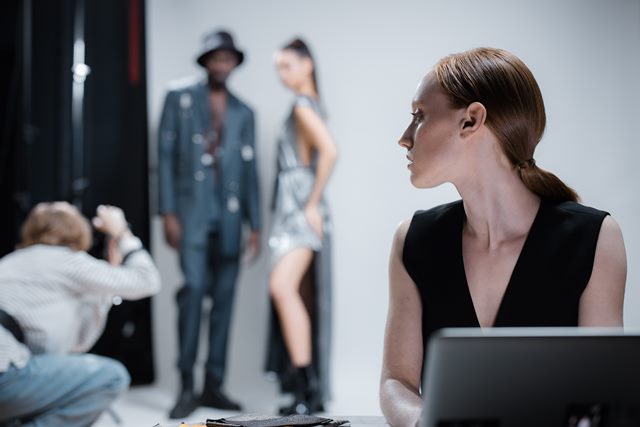
Merchandising
Merchandising refers to selling products associated with a musician or their brands, such as t-shirts, hats, posters, and other merchandise. It has become increasingly popular in the music industry as a way for artistes to generate revenue and promote their brands.
By selling merchandise, musicians can connect with fans and create a sense of community around their music.
One of the keys to successful merchandising is to create high-quality products that fans will be proud to wear or display.
Artistes can work with designers or merchandising companies to create custom designs that reflect their brand and music. Streaming services can also partner with artistes to create special merch that helps the musician make more money.
Additionally, artistes can sell merchandise online through their website or online retailers like Amazon or Shopify.
Sponsorships
Sponsorships are partnerships between musicians and brands or companies. Musicians can earn money or other benefits like free products, exposure, or tour sponsorships in exchange for endorsing or promoting a product or service.
Sponsorships can help musicians build their brand and reach new audiences while also providing a source of revenue outside of music sales and performances.
When entering a sponsorship deal, musicians must choose brands or products that align with their values and are a good fit for their audience. For example, a musician passionate about environmental sustainability might partner with a company that produces eco-friendly products.
Additionally, musicians should be transparent with their fans about their sponsorships and make sure that their endorsements are genuine and authentic.
Read: What Does it Take to Build a Music Studio?
Live Performances and Ticket Sales
Live performances and ticket sales are some of the primary sources of revenue for musicians. These performances provide an opportunity for artistes to connect with fans, showcase their talent, and promote their music.
Additionally, live performances can be a significant source of revenue for musicians, particularly for those who are not yet established in the industry.
One of the keys to successful live performances is to create a unique and memorable experience for fans. This can involve incorporating visual effects, interactive elements, and special guests into the performance.
Additionally, artistes can use social media and other marketing channels to promote their shows and build anticipation among fans.
Some live performances become memorable to fans and they specifically prefer it over the original song. Thus, artistes can upload these live performances to streaming services and make extra money when fans listen to them.
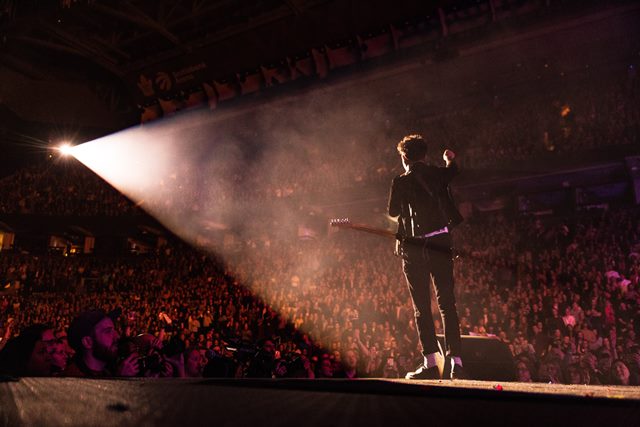
Maximizing Revenue from Ticket Sales
To maximize revenue from ticket sales, artists must consider a range of factors, including ticket pricing, venue capacity, and marketing efforts.
One strategy for maximizing revenue from ticket sales is to implement dynamic pricing. This involves adjusting ticket prices based on factors like demand, location, and timing. It can help musicians capture the full value of their performances and increase revenue.
Another way to maximize revenue from ticket sales is to partner with ticketing companies that offer additional services like fan data analysis, marketing support, and presale opportunities. These services can help artists sell more tickets and create a better overall experience for fans.
Streaming services may also promote artistes on their platform and show upcoming shows to users.
The Benefits of Collaboration and Features
Collaborations and features can help musicians reach new audiences and build their fan base. By working with other artists, musicians can tap into new markets and connect with fans who may not have otherwise discovered their music.
Additionally, collaborations and features can help musicians build their credibility and reputation within the industry.
One of the keys to successful collaborations and features is to choose partners who share a similar vision and style. Working with artistes with similar sounds or aesthetics helps musicians create a cohesive and compelling product.
How Collaborations and Features Work
Collaborations involve two or more artists working together to create a new piece of music. This can involve writing and recording a song together or remixing an existing track.
On the other hand, features involve one artist contributing a verse or chorus to another artist’s song.
Collaborations and features can take many forms. They could be high-profile collaborations between established artists. Or grassroots collaborations between up-and-coming musicians.
How Musicians Can Use Collaborations and Features to Their Advantage
Musicians can use collaborations and features to expand their reach and build their brand in several ways. For example, collaborations and features can help musicians:
- Reach new audiences: By partnering with artists with a different fan base or following, musicians can reach new audiences and attract new fans.
- Build their credibility: Collaborating with established artists can help musicians build their credibility and reputation within the industry.
- Increase exposure: Collaborations and features can help musicians increase their exposure through radio play, streaming platforms, and social media.
- Create new revenue streams: Collaborations and features can also create new revenue streams for musicians, as they can earn royalties and licensing fees from the new music they create.
Before you go…
Hey, thank you for reading this blog to the end. I hope it was helpful. Let me tell you a little bit about Nicholas Idoko Technologies. We help businesses and companies build an online presence by developing web, mobile, desktop, and blockchain applications.
We also help aspiring software developers and programmers learn the skills they need to have a successful career. Take your first step to becoming a programming boss by joining our Learn To Code academy today!






